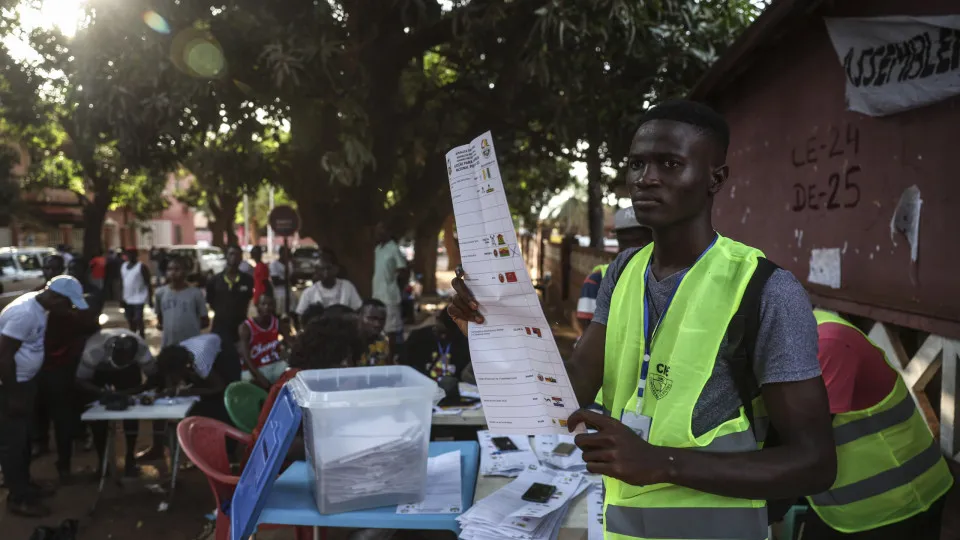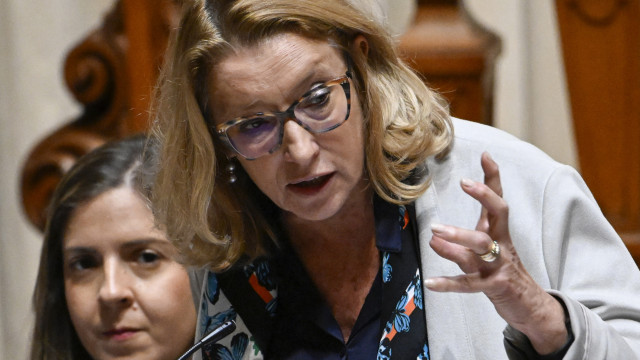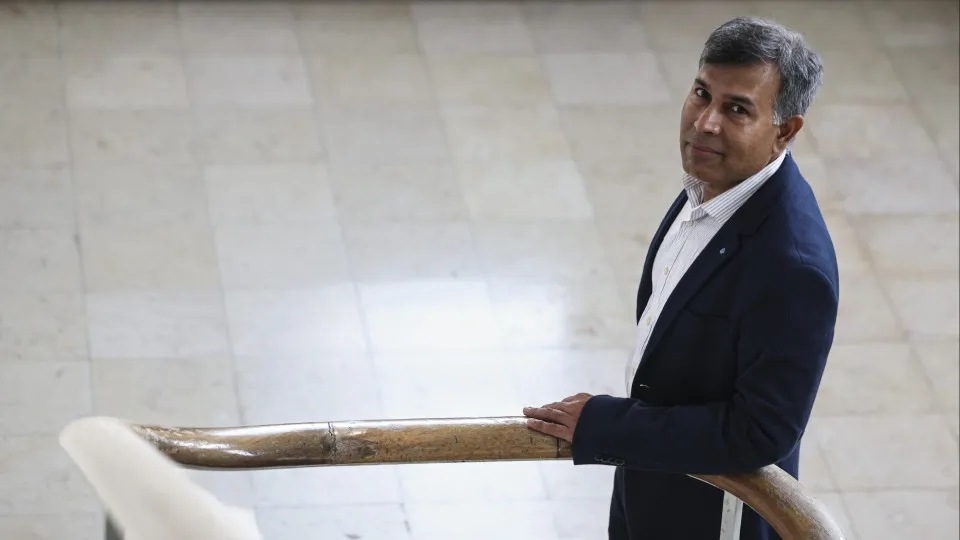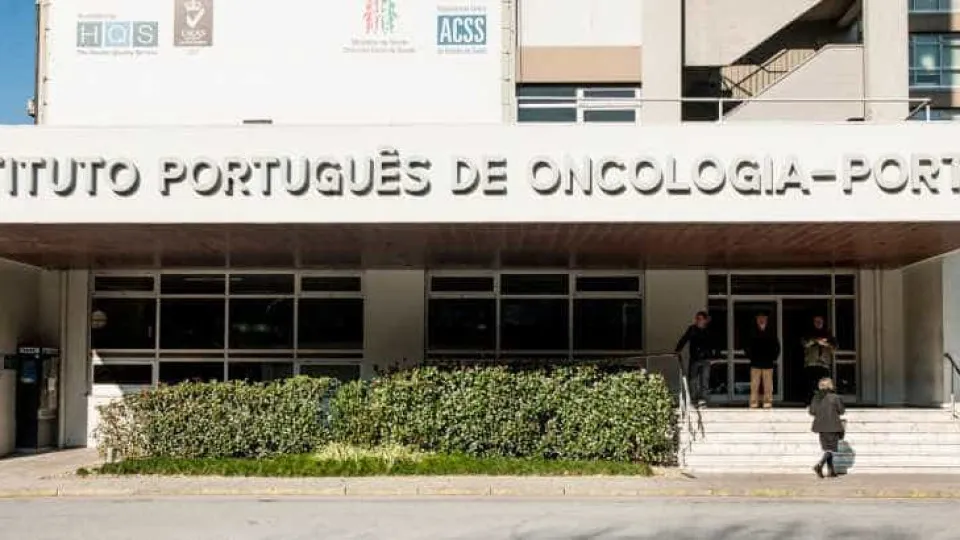
The second edition of the Varieties of Democracy (V-Dem) report, now available in Portuguese, has dedicated a section to Portuguese-speaking nations for the first time. It identifies Brazil, Cape Verde, São Tomé and Príncipe, Timor-Leste, and Portugal as countries with democratic political regimes characterized by free and fair elections, political pluralism, extensive civil liberties, and parliamentary and judicial oversight of executive power.
These countries are distinct, according to the report by the Center for International Studies at ISCTE – Instituto Universitário de Lisboa, from Angola, Guinea-Bissau, and Mozambique, where autocratic regimes prevail, and institutions are described as “very weak and frequently violated.”
The study, which evaluates democratic quality across various global regions, highlights both progressions and setbacks in Lusophone areas, noting that “over the last few decades, all Portuguese-speaking countries have somewhat moved towards democratization,” as stated by Professor Tiago Fernandes of ISCTE’s Department of Political Science and Public Policy.
This evolution, the professor says in the report, is attributed to “the disappearance of former corporatist, military, or racially and colonially dominative authoritarian regimes” and the “consecration of national independence and popular sovereignty.” However, since the mid-2010s, a decline in some democracies has been noted.
In Angola, the study identifies an “autocratic regime, monopolized by the same party,” the Popular Movement for the Liberation of Angola (MPLA), since its independence on November 11, 1975.
The V-Dem Institute classifies the country as an electoral autocracy since the end of the civil war in 2002, due to control over the “electoral game” and restrictions on civil society.
Despite liberalization efforts since 2017, with increased political pluralism and media openness, the report indicates that the Angolan government continues to dominate electoral institutions and oversight mechanisms.
Guinea-Bissau also remains an autocracy, characterized, unlike Angola, by “permanent political instability, where coups and armed confrontations between various political factions have become the predominant method of attaining power,” as noted by researcher Ana Lúcia Sá in the report.
In Mozambique, the investigation highlights worsening economic, social, and territorial inequalities, warning that the 2024 elections were “significantly less free and fair than a decade ago,” demonstrating a democratic regression trend.
In contrast, Cape Verde and São Tomé and Príncipe appear as examples of stable democracies among Portuguese-speaking African countries.
Researcher Edalina Rodrigues Sanches from the Institute of Social Sciences at the University of Lisbon emphasizes that Cape Verde “is one of the most stable African democracies (…), with 34 years of free and fair elections, characterized by regular and peaceful alternation in government.”
However, the study’s data suggest that the country should enhance “participatory and deliberative mechanisms.”
São Tomé and Príncipe still face political instability that “hinders deepening democracy.”
In Brazil, the far right was defeated in the 2022 elections by the center-left coalition led by Lula da Silva, which, according to experts, marked a recovery of democratic principles after years of crisis and polarization.
Despite the anti-democratic acts of January 8, 2023—a coup attempt—institutions endured, and the country registered a slight democratic recovery between 2023 and 2024, according to the V-Dem report.
Timor-Leste is highlighted in the report as a case of democratic durability, where electoral procedures are robust, attributed in part to the integration of traditional authorities into the political process.
The study concludes that, although the Lusophone space has overcome colonial and authoritarian legacies, institutional weaknesses and threats to political freedom persist. It advocates for strengthening electoral institutions, promoting transparency, and reducing social inequalities as essential steps to consolidate democracy.
The Community of Portuguese Language Countries (CPLP) comprises Angola, Brazil, Cape Verde, Guinea-Bissau, Equatorial Guinea, Mozambique, Portugal, São Tomé and Príncipe, and Timor-Leste.




